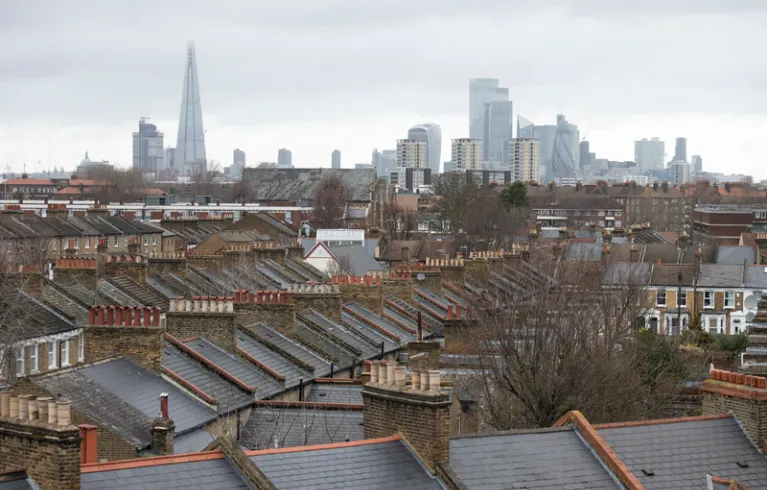
Key information
Publication type: Current investigation
Publication status: Adopted
Publication date:
Print this page
Contents
4 sections
Introduction
The London Assembly Housing Committee will hold a one-off meeting on the 24 June to discuss accessible housing in London.
Investigation aims and objectives (Terms of Reference)
This one-off meeting will aim to:
- Assess the extent to which current accessible housing provision in London is meeting the needs of Deaf and Disabled Londoners.
- Understand the barriers facing the GLA, local authorities and partners in delivering accessible and affordable housing in London, and potential solutions.
- Scrutinise the effectiveness of the GLA’s current work to deliver more accessible housing in London, including through the London Plan and funding programmes.
Key issues
- There is a shortage of accessible housing in London, and as a result, some Londoners are currently living in inaccessible homes. A survey conducted by Inclusion London found that of the 54 respondents who said they need accessibility features to live in a home, only seven said their current home is completely accessible while 12 said it is completely inaccessible.
- The GLA predicts that the need for accessible homes will increase, with a growing proportion of Londoners aged 85 and over and projected rises in Londoners with conditions such as dementia or those with learning difficulties.
- The Mayor’s London Plan stipulates that 10 per cent of new build homes should meet wheelchair user standards while the other 90 per cent should meet ‘accessible and adaptable’ standards. Currently, data published by the GLA indicates that these targets are not being met across Boroughs. The London Plan does not set targets of how many new accessible homes should be affordable. The GLA does not record and publish data on how many accessible homes it is funding through the affordable homes programme.
- There is not a clear understanding of accessible housing in London. There is a lack of data on the accessibility of current housing stock and the current unmet need in accessible housing across London. There is also currently a lack of data on accessible housing by tenure and affordability, which is especially relevant for Deaf and Disabled people who often experience higher rates of poverty and make up a larger proportion of social housing tenants.
Key questions
- What barriers do Deaf and Disabled people face in securing accessible and affordable housing in London?
- How much of London’s current housing stock is accessible and how does this compare to accessible housing need in London?
- What needs to be done to increase the number of new build homes that meet accessibility standards in London?
- How is the GLA funding the acquisition and conversion of private housing into accessible homes for social rent, and what impact is this having?
- What are the key barriers facing the GLA, local authorities, developers and other partners in delivering more accessible homes in London?
- How will the GLA improve data quality and monitoring of housing accessibility?
Back to table of contents